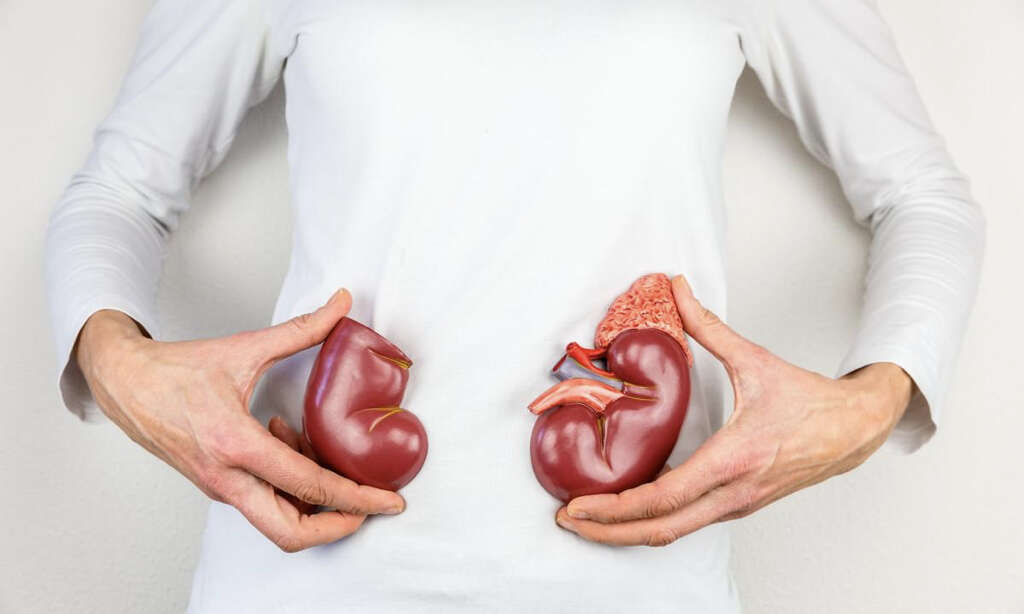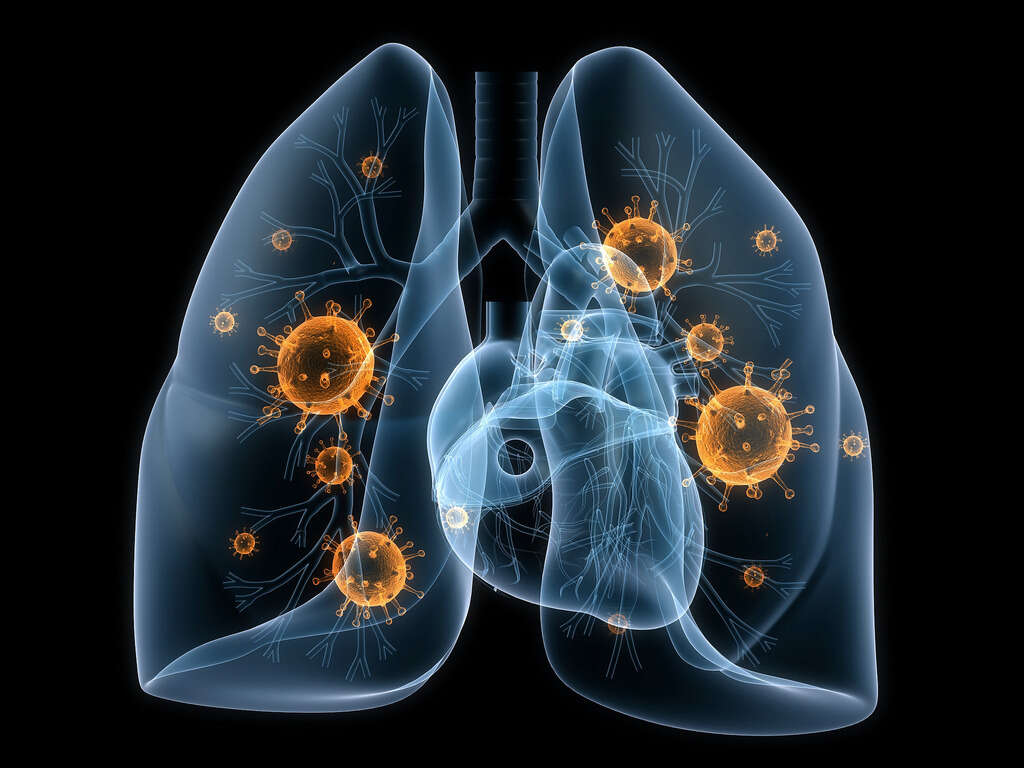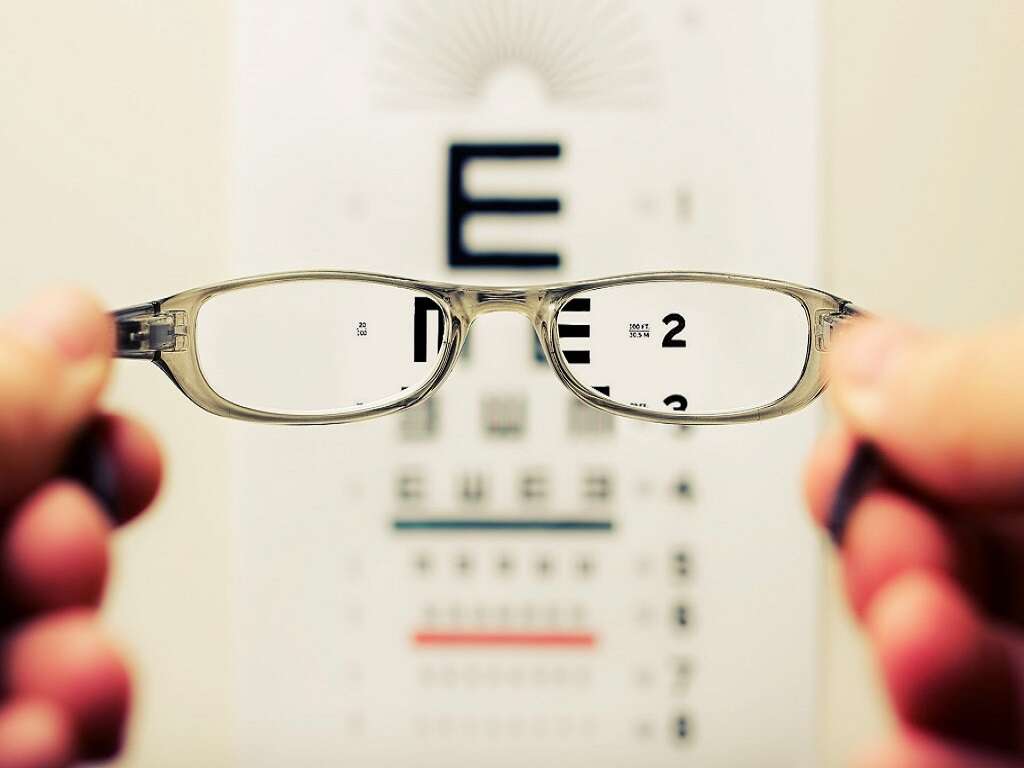10 Symptoms of Too Much Vitamin D
As with other vitamins, vitamin D plays a very important part in the proper functioning of our bodies. It is made by our skin as it comes into contact with sunlight, while the vitamin can also be found in a lot of the foods that we eat. While it is very important for us, though, it is possible to take on too much of the vitamin.
Some people, particularly vegans, don’t get enough vitamin D in their diet. They will often turn to supplements to help compensate, but this can sometimes be a problem.
If too much of the vitamin is ingested then it can build up in the body to levels where it becomes toxic. Here are some of the symptoms to look out for.
Symptom #1: Nausea
Nausea can range from being a little irritating, to downright debilitating. It can leave some people more or less bed bound as even moving a little can make the condition worse. It can be caused by a huge range of things, including having too much vitamin D in your body.
If you are feeling nauseous then there is also a good chance that you will be vomiting. Although fairly common, these are not symptoms that should be treated with complacency. If the symptoms remain for too long or if they are too severe then you should speak with a medical professional.
Symptom #2: Appetite Loss
We are unlikely to eat enough food if we didn’t have an appetite. An appetite is what drags us away from work or whatever else we are doing and makes us take on board much-needed nutrition. A loss of appetite is a fairly common problem in people that are ill, including people that have had too much vitamin D.
A loss of appetite leads to the obvious risk of causing the patient to have problems with malnutrition. This could affect their health in profound ways, including the weakening of their immune system. As such, it is important that the patient gets all the nutrition that they need, no matter how ill they may feel.

Symptom #3: High Vitamin D Blood Levels
Whenever we consume food, it is broken down and the various nutrients are then absorbed by the body. These nutrients are then carried to where they are needed, or maybe stored for use later on. This includes vitamins such as vitamin D.
When ingested, vitamin D is usually allocated to wherever it is needed. When we take on too much vitamin D, though, there is nowhere for the excess to go. This means that we will likely end up with higher than usual levels of vitamin D in our bloodstream. A blood test will then help medical professionals to come to the correct diagnosis.
Symptom #4: Bone Loss
Vitamin D is very important when it comes to maintaining a healthy skeleton. This is because it helps the body to absorb calcium, and calcium is important for healthy bones. While it is important for us, though, too much of it can be a bad thing for our skeletons.
In addition to vitamin D, vitamin K2 is also very important for a healthy skeleton. This is because it helps our bones to hold on to the calcium, keeping them strong and healthy. Too much vitamin D will lead to a fall in vitamin K2, however, and this can cause our bones to begin losing their calcium.

Symptom #5: Hypercalcemia
One of vitamin D’s most important roles is that it helps the body to absorb calcium from the food that we eat. This is very important because we need calcium for healthy bones, along with some other functions. It follows that if there is too much vitamin D in the blood, we will end up absorbing too much calcium.
The medical term for having too much calcium in the blood is hypercalcemia. It is a potentially dangerous condition that also comes with some very unwelcome side effects. The side effects of hypercalcemia are also often side effects of having too much vitamin D.
Symptom #6: Kidney Failure
Our kidneys play a very important role in our bodies. They help to remove toxic materials from the body and, without them, our bodies will become too toxic for us to survive. As such, it is very important that we help to keep them in good health, but too much vitamin D can cause the opposite.
Prolonged cases of having too much vitamin D in the body can cause the kidneys to begin to fail. This is because the kidneys are made to work too hard to try and remove the excess vitamin D from the body. It can cause kidney failure, even in people with otherwise healthy kidneys.

Symptom #7: Excessive Thirst
If our body begins to run low on water then we will get thirsty. It is a simple, and sometimes unpleasant, sensation that helps to make sure that we take on additional water whenever we need it. Some conditions can mean that we want to take on more water than usual, though.
With high levels of vitamin D, and possibly calcium, in the blood, the body will want to take on more water to try and restore the correct balance. This means that we will get far thirstier than usual and find it difficult to satiate our thirst. Excess thirst can be caused by a range of conditions and is something you should arrange to get checked out.
Symptom #8: Frequent Urination
Our kidneys are always hard at work filtering unwanted items from our bloodstream, creating a waste liquid in the process. This liquid is known as urine, and urine is stored in the bladder until the bladder becomes too full. We then pass the liquid out through the body in a process known as urination.
With lots of vitamin D present in the body to be removed, the kidneys are producing more urine than usual. In turn, this will mean more trips to the bathroom as our bladders are becoming full more often. This symptom is a sign of various possible conditions and should encourage you to see a doctor.

Symptom #9: Constipation
A healthy balance of vitamins and nutrients play a big role in the functioning of our digestive system. If we fall ill, then our digestive system will sometimes fall ill, even if the condition is not to do with the digestive system itself. Having too much vitamin D in our bloodstream is no exception.
Patients with the condition will sometimes complain that they have constipation. Alternatively, others may complain that they have diarrhea. While these two conditions are not necessarily dangerous in themselves, they can pose a risk in some cases so patients should be observed.
Symptom #10: Confusion
Our brain is the most complex organ that we know of in the universe. There is a chance that more advanced organs exist elsewhere, but we haven’t discovered them yet. Regardless, our cognitive abilities rely on a brain that is healthy and in good working order.
Patients with too much vitamin D, however, may find that they become easily confused. Even things that they would find simple on a day-to-day basis can become challenging for them. Becoming confused like this is something that should be checked out because it can be caused by a range of potentially serious underlying problems.











